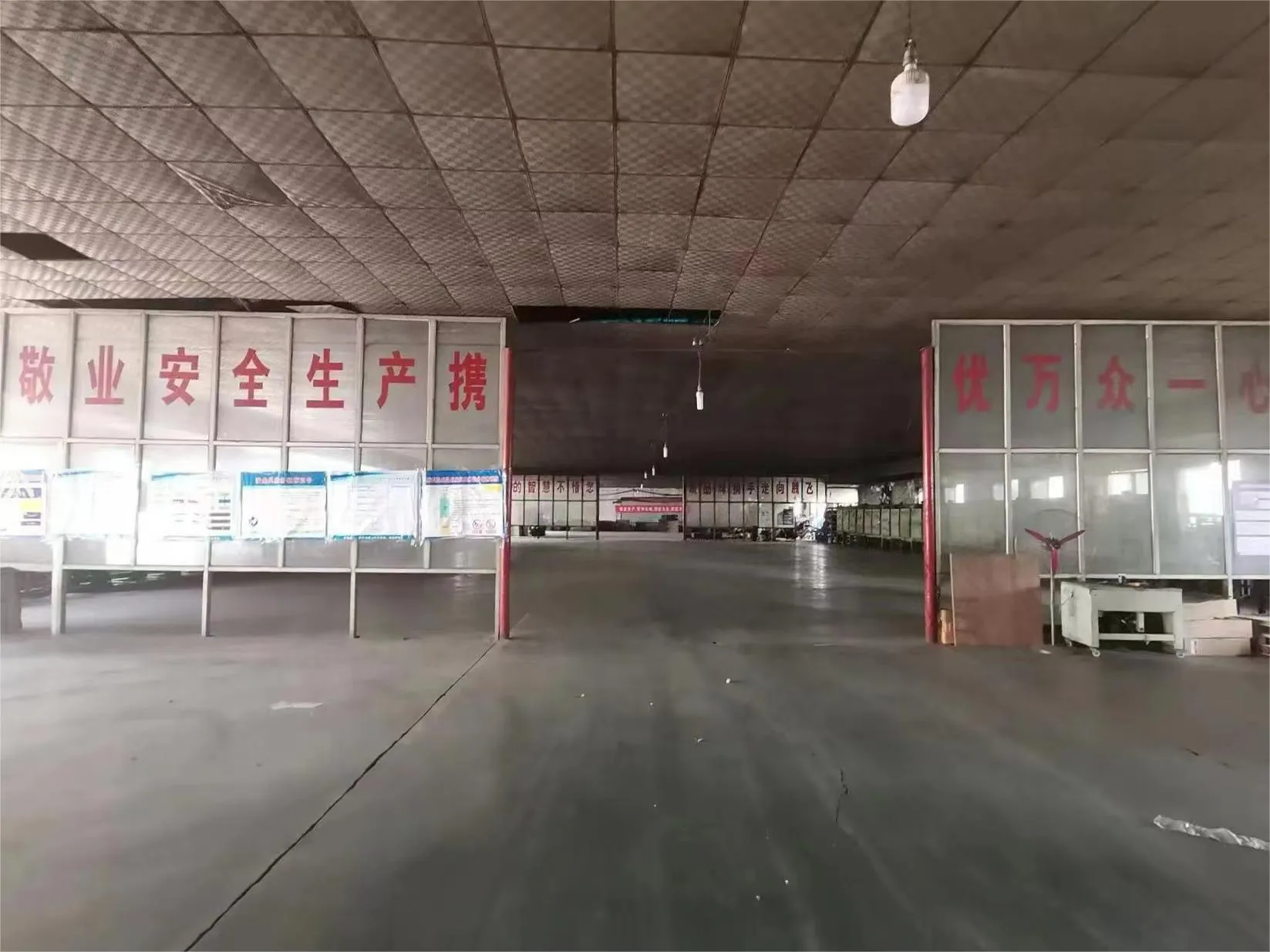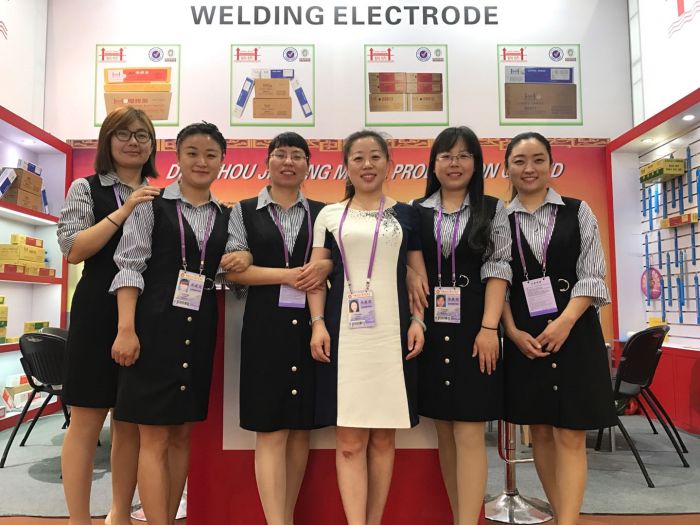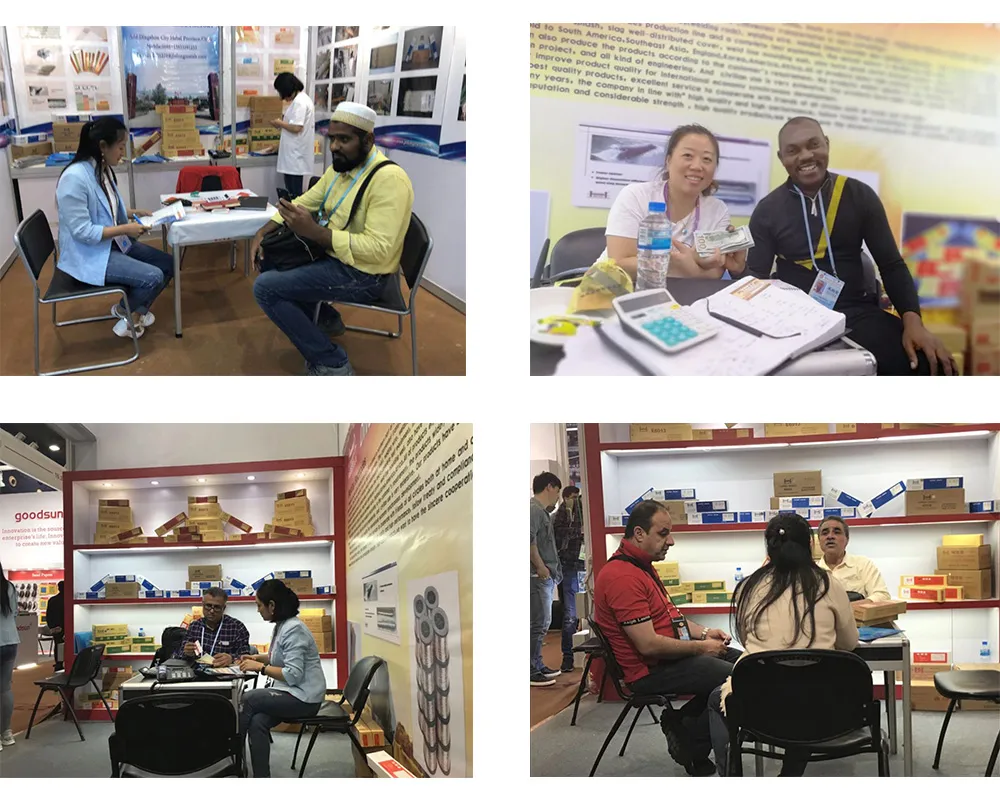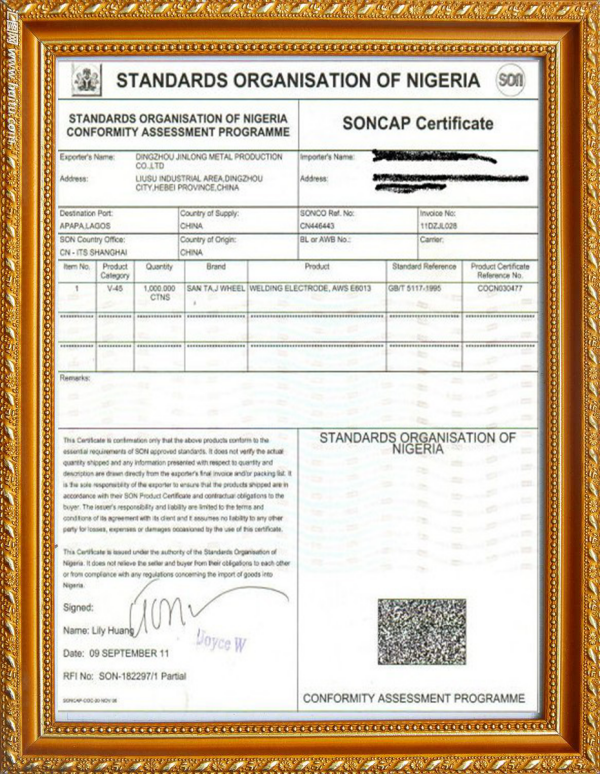...
...
Cast iron welding rod is a welding rod used for cast iron, characterized by high strength and good plasticity. It is suitable for gray cast iron and ductile iron, and can be machined.
Cast iron is usually classified according to the distribution of carbon in cast iron, and can generally be divided into white cast iron, gray cast iron, ductile cast iron, vermicular cast iron and malleable cast iron. Due to the high carbon content, uneven structure, low plasticity and poor weldability of cast iron, it is very easy to produce defects such as white cast iron, cracks and pores during welding. Special attention should be paid to the selection of welding process and welding materials during welding. For welding rod arc welding, it can basically be divided into two categories, one is the homogeneous weld type, namely cast iron type; the other is the heterogeneous weld type such as: steel (carbon steel or alloy structural steel, etc.), pure Ni (pure nickel 308), Ni-Fe (nickel iron 408), Ni-Cu (nickel copper 508), Ni-Fe-Cu, Fe-Cu, etc. When selecting welding rods, you can choose according to different cast iron materials, different cutting requirements, different service conditions and importance, different structural characteristics, stiffness, etc.
'>4
Real-world experience further underscores the importance of selecting a reliable manufacturer. Consider testimonials and case studies from industry peers who have invested in high-quality electrodes; their insights reveal significant improvements in weld precision, reduced downtime, and overall cost-efficiency. These testimonials are a testament to the manufacturer's expertise and reinforce their status as industry authorities.
Expertise sets distinguished suppliers apart. The best suppliers employ teams of welding professionals who bring years of practical experience and technical wisdom to the table. This expertise proves invaluable as they guide you through selecting the appropriate electrodes—whether it's for mild steel, stainless steel, or specialized applications. Their product lines often include electrodes like E6010, E6011, E7018, and others, each suited to specific welding techniques and materials.

Expertise sets distinguished suppliers apart. The best suppliers employ teams of welding professionals who bring years of practical experience and technical wisdom to the table. This expertise proves invaluable as they guide you through selecting the appropriate electrodes—whether it's for mild steel, stainless steel, or specialized applications. Their product lines often include electrodes like E6010, E6011, E7018, and others, each suited to specific welding techniques and materials.

'>7
China's ascent in the welding industry has been driven by its substantial investments in research and development, fostering a culture of innovation. Leading Chinese manufacturers have integrated cutting-edge technology into their production processes, ensuring that their welding electrodes meet and often exceed global standards. For instance, electrodes such as the E6013 and E7018, widely used in various construction and manufacturing applications, exemplify the high performance typical of Chinese products. These electrodes are celebrated for their stable arc and smooth weld characteristics, offering users an unparalleled welding experience.
Field tests and real-world applications have consistently shown the reliability and performance of Chinese welding electrodes. Professionals using these electrodes report stable performance across various settings, from large-scale industrial projects to intricate engineering tasks. The consistency provided by these electrodes ensures precision and efficiency, significantly reducing downtime and operational costs.



